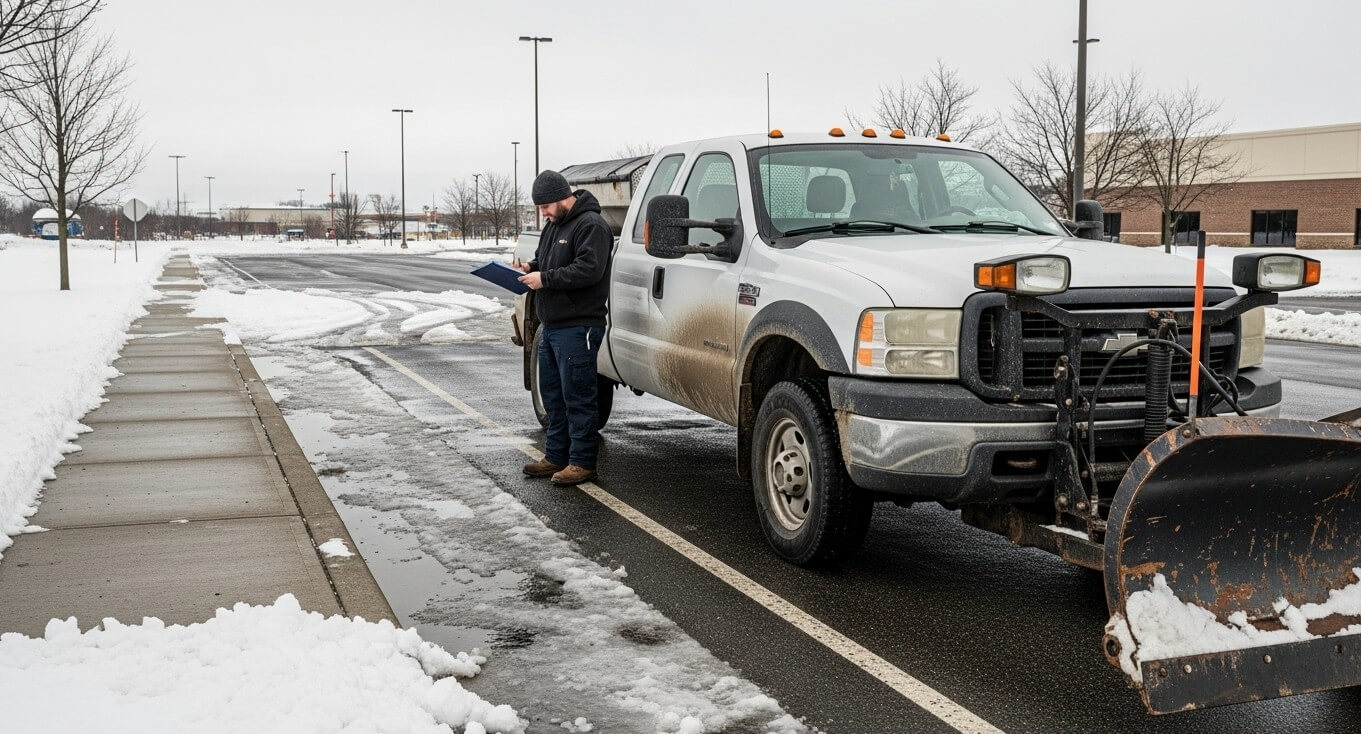
As a commercial tenant, understanding insurance requirements may seem like a complex maze of obligations, and coverages can often seem complex when leasing commercial space. Yet understanding and fulfilling commercial tenant insurance requirements are vitally important in protecting both business interests and maintaining harmonious relations between tenant and landlord. In this blog post, we will cover key topics related to commercial tenant insurance, such as its purpose and significance to help ensure compliance, and also its fundamental aspects so you're better armed to navigate its requirements for yourself!
Importance of Commercial Tenant Insurance Coverage
Landlords may require their tenants to secure insurance policies for various reasons in the commercial leasing arena, with one key motivation being risk mitigation. This coverage acts as a protective shield that guards both tenants and landlords against unexpected events that might incur a financial loss; unfortunately, landlords' policies might not cover personal possessions or liabilities belonging to tenants - therefore, tenants needs commercial tenant insurance as protection in case any unexpected financial consequences occur.
Different Types of Commercial Tenant Insurance Plans Available Now
1. General Liability Insurance
Tenants renting space should obtain this policy to cover bodily injury or property damage claims within their rented area, including legal costs, medical bills and settlement payments related to such incidents. Essentially, Commercial General Liability Coverage protects both tenant and owner against financial loss in case of accidents or disaster.
2. Property Insurance
As a tenant, protecting your personal belongings within your leased premises is very important. It provides comprehensive security against risks like theft, fire, vandalism or natural disasters to give you peace of mind that your belongings will always remain protected against potential dangers like these. With proper property coverage, tenants can rest easy knowing their assets will always remain safeguarded if anything unexpected occurs that affects them.
3. Business Interruption Insurance
This type of coverage provides financial protection in the event of fires, natural disasters and any unforeseen incidents which might interfere with operations - like natural disasters. Such policies help offset lost income or expenses resulting from being unable to run the business while repairs or restoration efforts occur.
4. Professional Liability Insurance
It can offer businesses protection against negligence claims that arise during the delivery of services, including errors and omissions coverage that helps cover legal fees or damages should lawsuits occur against their business. Errors & Omissions policies offer valuable financial coverage against such issues for professional services providers whose advice or services could create liability risks to themselves or clients in case something goes amiss.
Understanding Lease Requirements
As a tenant, you must understand the commercial tenant insurance requirements outlined in your agreement, as they can differ considerably between lease agreements. To meet landlord obligations effectively and ensure compliance, reviewing it thoroughly may help ensure you do. Common examples of requirements that landlords impose include:
- Coverage Limits: Your lease agreement may stipulate that lessees obtain coverage with minimum limits specific to risks as set out within its lease document.
- Additional Insured Endorsements: Landlords often request their tenants add them as "additional insureds" on the policy as an endorsement, providing extended protection in case there is any claim related to using leased property by tenants. This add-on provides extended protection in case lawsuits brought by any claim against landlords related to tenants misusing it.
- Notice Requirements: As part of their lease agreement, tenants may be required to present documentation proving they have obtained coverage. This documentation must be handed in before moving in or periodically throughout their tenancy to confirm its active state.
- Policy Renewals: As per the lease agreement, tenants may be required to maintain uninterrupted coverage throughout their stay and furnish timely evidence of policy renewals in compliance with the mentioned clauses.
Finding the Right Insurance Policy
When selecting insurance policies to fulfill lease requirements, working closely with insurance professionals or brokers well-versed in commercial tenant insurance is crucial. Considerations when choosing a policy include:
- Coverage Adequacy: Ensure the policy covers all the required aspects stipulated in the lease agreement.
- Insurance Provider Reputation: Research the insurer's reputation for handling claims promptly and fairly.
- Cost vs. Coverage: Balance the cost of premiums with the coverage offered to find the most suitable policy for your business.
Final Thoughts
Commercial tenant insurance requirements are an integral part of leasing a business space. Understanding these requirements, selecting the right policies, and complying with lease obligations is critical to protecting your business from potential risks and liabilities. By proactively obtaining the necessary coverage and maintaining compliance at Summit Commercial Insurance, tenants can foster a secure and mutually beneficial relationship with their landlords while safeguarding their business interests.
Remember, each lease agreement may have unique insurance clauses, so it's advisable to seek legal counsel or insurance expertise to ensure full compliance and adequate protection for your commercial venture!



